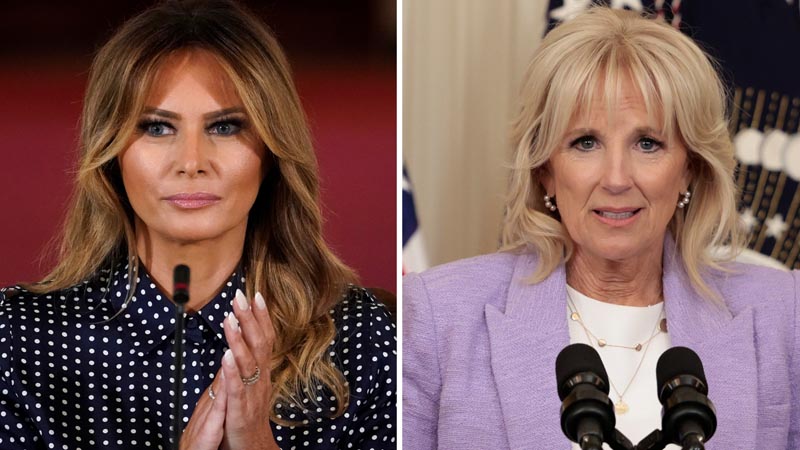Trump’s Lawyers Call New York Case a ‘Zombie’ in ‘Last-Ditch’ Attempt to Move to Federal Court

Justin Sullivan/Getty Images/File via CNN Newsource
As former President Donald Trump wrapped up campaign events in Michigan and Wisconsin, his legal team made what one expert described as a “last-ditch” effort to move his New York hush money case to federal court ahead of his sentencing.
Three months ago, Trump was convicted on 34 felony counts of falsifying business records related to a payment allegedly made to silence adult film star Stormy Daniels about an affair. On Thursday, Trump filed a request to transfer the case to federal court, just weeks before his sentencing scheduled for September 18.
In the filing, Trump’s lawyers argued, “This ‘zombie’ case should have been dismissed long ago,” accusing Manhattan prosecutors of violating the presidential immunity doctrine. They claim that the evidence presented during the grand jury proceedings and the trial was based on “official acts” Trump performed during his first term in office.
The filing emphasized the broader implications of the case, stating, “The ongoing proceedings will continue to cause direct and irreparable harm to [former] President Trump — the leading candidate in the 2024 presidential election — and voters located far beyond Manhattan.”
MSNBC legal analyst Lisa Rubin commented on the filing, noting that Trump’s legal team had previously tried to move the case out of Manhattan more than a year ago and was unsuccessful. Rubin described Thursday’s filing as a “last-ditch attempt to stop the sentencing under the guise of a removal notice.”
Rubin further explained, “Because what they want most—and they say so expressly—is for Manhattan federal judge Alvin Hellerstein to ‘confirm that Justice [Juan] Merchan may not sentence [former] President Trump during litigation over the removal.'”
She added that under federal law, “A state court cannot sentence a defendant who has a pending removal notice until a federal court expressly sends it back.”
However, Rubin expressed skepticism about Trump’s chances of success. She pointed out that the federal judge could reject the removal request on procedural grounds, noting that Trump must first obtain permission from the federal court to file his late notice.
As the September 18 sentencing date approaches, the outcome of this legal maneuver remains uncertain, but experts like Rubin suggest that Trump faces significant hurdles in his efforts to delay or prevent sentencing.


